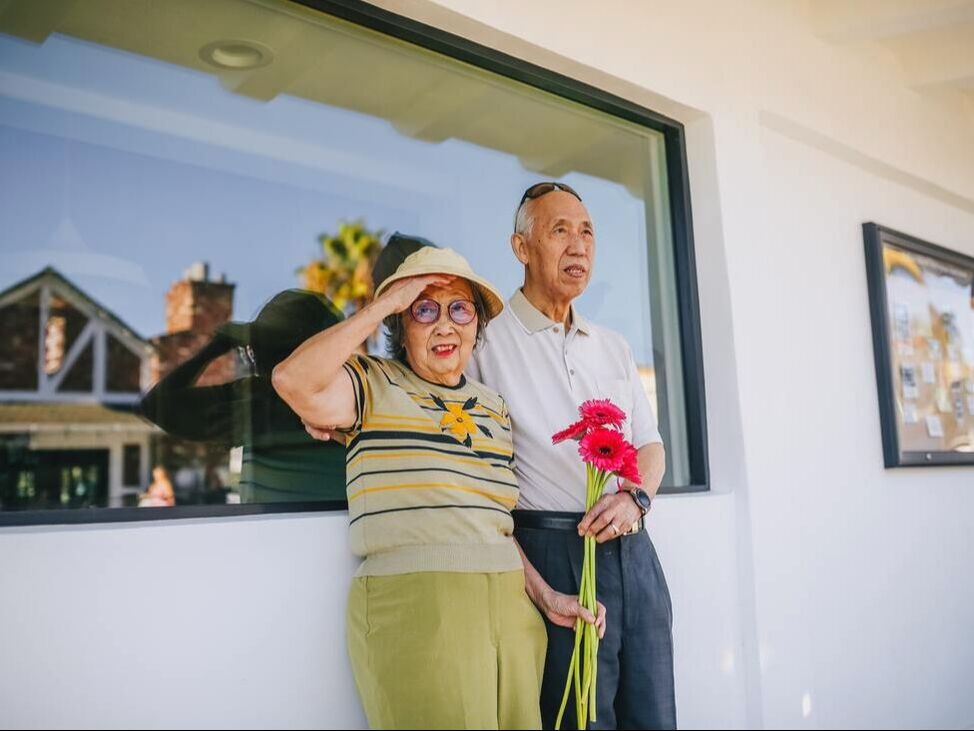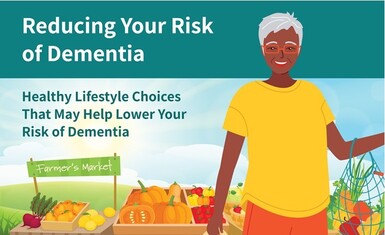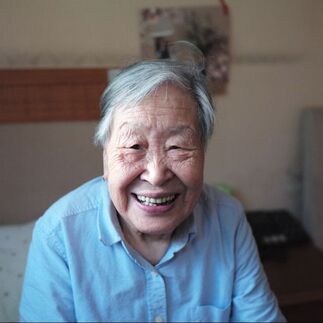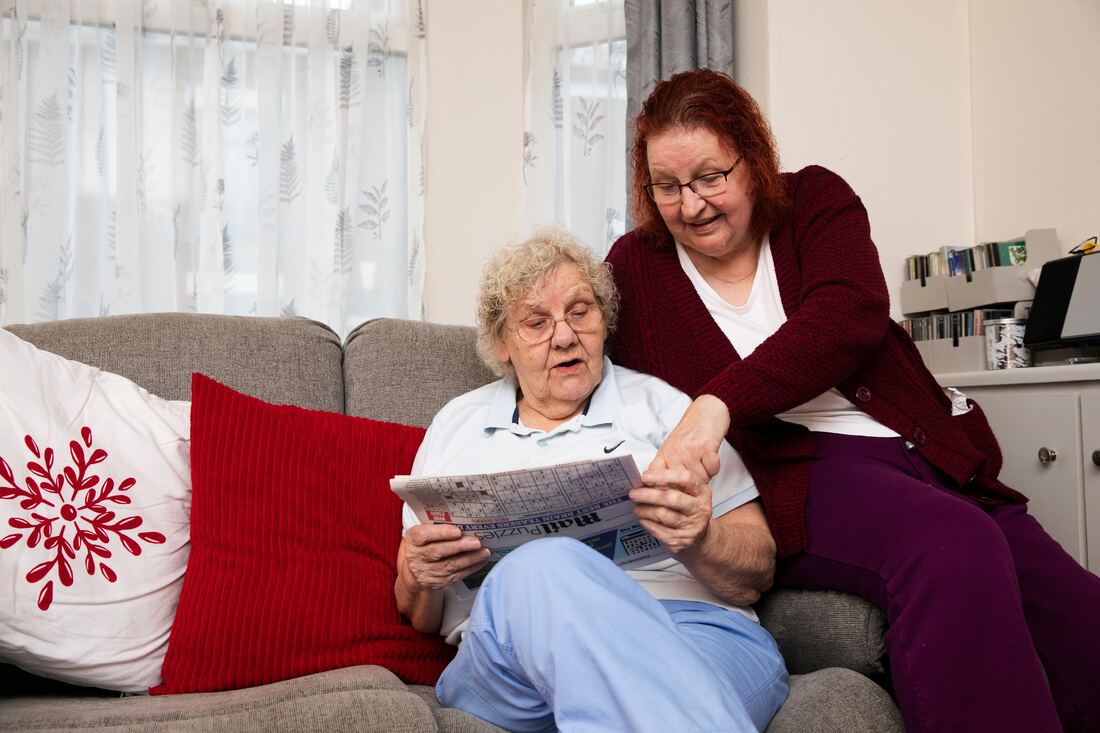 Photo by Breakingpic on Pexels.com Photo by Breakingpic on Pexels.com Being a family caregiver can be incredibly fulfilling, but it can also be challenging, stressful, and demanding. It is crucial to take care of yourself as a caregiver, as you cannot provide the best care for your loved one if you neglect your own physical, emotional, and mental needs. Here are five ways to take care of yourself as a family caregiver:
1 Comment
Hot weather can pose serious health risks to older adults, especially those with pre-existing medical conditions. Here are five important safety tips that can help keep senior citizens healthy during hot weather:
Check the links below for more ways to beat the heat.  With summer here and temperatures rising, it is important to understand the health risks of excessive heat and recognize the signs of heat-related illness. Being hot for too long can be a problem. It can cause several illnesses, all grouped under the name hyperthermia. These factors can increase your risk of hyperthermia:
Caregiving Throughout the Circle of Life: Present, Patient and Kind Life blindsided our family in the fall of 2018 when my wife, Pat, was diagnosed with pancreatic cancer that quickly progressed to stage IV. After a torturous 17-month journey of tests, chemotherapy, ER visits, surgeries, extended hospital stays, and clinical trials, Pat went to her heavenly home. But the chaos pancreatic cancer tried to create could not steal our joy of life, kill our faith or destroy our hope for the future. My bride of over 35 years blessed us with three terrific children. They, in turn, have blessed us with seven grandchildren, ranging in age from 9 to 1 year old. Close geographic proximity and strong relationships allowed us to help care for our six oldest grandchildren together before cancer took Pat’s life in 2020. It is one of the greatest blessings we have ever had. Our grandchildren truly stole our hearts. I learned a few key lessons from caring for our grandkids that helped me care for my beautiful spouse. Now, I am absolutely not implying to ever treat an adult like a child. Adults who need assistance in daily life deserve respect, dignity and the ability to maintain some type of independence. They have feelings, thoughts and opinions that must always be considered. However, beginning-of-life and end-of-life care share some characteristics. Pancreatic Cancer Action Network
Caregivers are often advised to seek help to lessen the caregiving workload. For many individuals, the natural place to turn for such help is family. Family Caregiver Alliance’s Holding a Family Meeting fact sheet provides information on how to approach the subject, advice on creating an agenda, lists key points to consider discussing, and explains potential conflicts that may arise.
Here's a great article to read that gives eight tips on how to provide assistance — and help yourself, if you are experiencing caring for a loved one while retired or are anticipating this scenario in the near future.
This quick read, written by Richard Eisenberg, hits on some of those high points and gives a bit of healthy advice in the process. When the level of care needed by an ailing or elder person exceeds what can be provided at home, residential housing is often a next step. But how do you sort through the variety of options available and choose the correct level of care?
Family Caregiver Alliance's infographic “5 Types of Residential Care” reveals the five types of outside-the-home care found in most urban and suburban communities, and what to expect from each. Learn which options are best suited for an individual’s wants or needs, including:
Pain is a signal that something may be wrong in your body. You’ve probably been in pain at one time or another but found that it often goes away as the body heals or with treatment. However, many older people may have ongoing pain from health problems like arthritis, diabetes, shingles, or cancer.
A few things you can do to help manage your pain and feel better are:
The National Institute for Aging has released an informative booklet discussing different aspects of pain experienced by older adults. To view the booklet, click the button below. If you have older family members or loved ones, you may worry about their health as they age. Aging increases the risk of chronic diseases such as heart disease, type 2 diabetes, arthritis, cancer, and dementia. The good news is that adopting and maintaining a few key behaviors can help older adults live longer, healthier lives. As a family member, it’s important to encourage healthy lifestyle behaviors in your loved ones — it’s never too late to start!
For tips on healthy aging, click the button below. Deciding to become physically active can be one of the best things you can do for your health. Exercise and physical activity are not only great for your mental and physical health, but they can help keep you independent as you age.
To learn more, click the button below. Answering the question “what should I eat?” doesn’t need to leave you feeling baffled and frustrated. In fact, when you have the right information and motivation, you can feel good about making healthy choices. Simple adjustments can go a long way toward building a healthier eating pattern.
Click the button below for tips to plan healthy and delicious meals.  Many factors may influence your risk of dementia, including genes, environment, and lifestyle. You can’t change some factors, but, as with many diseases, there may be steps you can take to help lower your risk. Learn more about how leading a healthy lifestyle is important for your health. To learn more, click the button below. If you do not see an aging friend or relative often, changes in his or her health may seem dramatic. In contrast, the primary caregiver might not notice such changes or realize that more help, medical treatment, or supervision is needed. Or, the primary caregiver might not want to accept the fact that the health of his or her spouse or parent is failing.
As a caregiver, you can provide support by helping an aging friend or relative get the care they need. To learn more, click the button below. The University of Washington Dementia Palliative Education Network and the WA State Dementia Action Collaborative have created a new free toolkit for family/friend care partners of people living with dementia.
The goal of this toolkit is to:
The toolkit includes:
For more information about the toolkit, click here. To view the flyer, click the button below. If you don’t see an aging parent or friend often, changes in their memory and function may seem dramatic. In contrast, a primary caregiver like a spouse might not notice such changes or realize that more help, medical treatment, or supervision is needed. Talk with your loved one and the primary caregiver about your concerns. Consider these conversation tips:
 Three in four adults more than 65 years of age have two or more chronic conditions that can limit day-to-day functioning. If an older adult is not able to grocery shop or cook meals, these tasks fall on the caregiver. In 2015, 76% of caregivers helped their loved one with grocery shopping and 61% helped with cooking meals. As a result, the caregiver’s dietary habits will impact their loved one’s diet. In other words, if the caregiver eats poorly (non-nutritious foods), so will their loved one, typically resulting in poorer health. Click the button below to learn more from Oklahoma State University's Extension Program... Shadow comforts and quick fixes deplete and exhaust.
Check out these ten ways to solve the self-care conundrum. "Delirium is a sudden change in your alertness and thinking. People with delirium typically become confused and have trouble paying attention."
Healthline's Chitra Badii continues, "Delirium is an abrupt change to your mental state. It makes it difficult to think, remember, focus, and more. Some people with delirium become drowsy and quiet, while others can become agitated." Badii expands her article to cover:
Build drinking water into your routine.
|
Caregiver
Whether in a medical professional setting or personal homes, Caregivers are caring and caring takes energy, wisdom and compassion. This Caregiver Blog is here to give you insight, encouragement and tools, not just to give care but to survive and thrive while doing it. Archives
July 2023
Categories
All
|


 RSS Feed
RSS Feed
